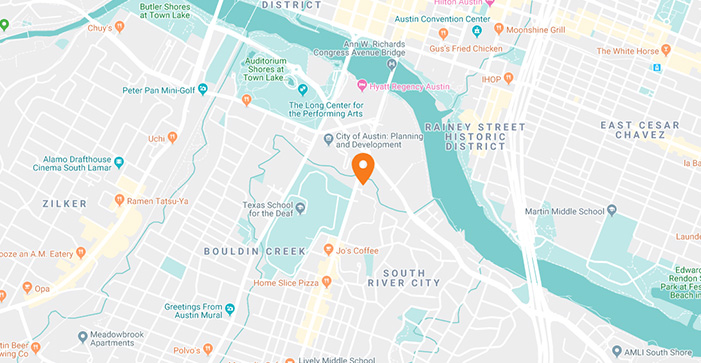If you and your co-parent do not live together, you will likely need to come to some sort of arrangement to determine where your child or children live and how much time they spend with each parent. In Texas, this issue falls under two legal categories: conservatorship and possession and access. Conservatorship (custody) relates to who makes important decisions about a child’s wellbeing and future, such as education and medical decisions, while possession and access (visitation) relates to where a child spends their time.
In the event of a divorce, conservatorship and possession may be determined by the court according to the child’s best interest and can also be negotiated by divorcing parties in the creation of a parenting plan, which must be approved by a judge.
There are two main types of child custody in Texas:
1. Sole custody. A parent with sole legal and physical custody has their child or children living primarily with them and also has the legal right to make decisions about the child’s needs. In Texas, a parent with sole custody is referred to as a sole managing conservator.
2. Joint Custody. Parents with joint custody share the care and responsibility for their children, but one parent typically has their child or children living with them the majority of the time. The Texas Family Code provides a standard, called a Standard Possession Order, to help determine joint custody arrangements and many courts revert to this standard by default. Typically, this works out to a 44/ 56 split, with the primary, custodial parent spending the majority of the time with the child or children.
If co-parents cannot negotiate an agreement between them, then conservatorship and possession and access will be determined by the court. Some of the factors a judge might take into consideration are:
- The age of the child
- The preference of the child
- Financial and employment status of each co-parent
- The closeness of a parent’s home to the child’s school and social circles
When it comes to determining conservatorship and possession and access for your child or children, it is important to work with an experienced family law attorney so that you can make sure you are able to protect and maintain your relationship with your child. We encourage you to call us at 512-580-2449 to discuss your child custody case.
At Sandoval Law Firm we understand the stress of dealing with divorce, child custody and domestic violence. Our firm consists of founding attorney Raul Sandoval Jr. and a dedicated support staff. Mr. Sandoval earned his law degree from Texas Tech University School of Law. Since that time, he has been practicing family law in the Austin area, as well as teaching seminars, classes and other forms of professional development.



